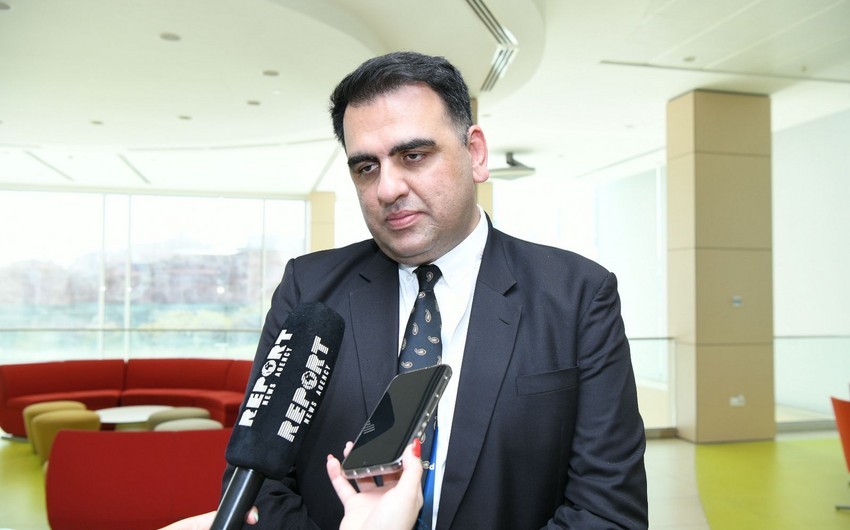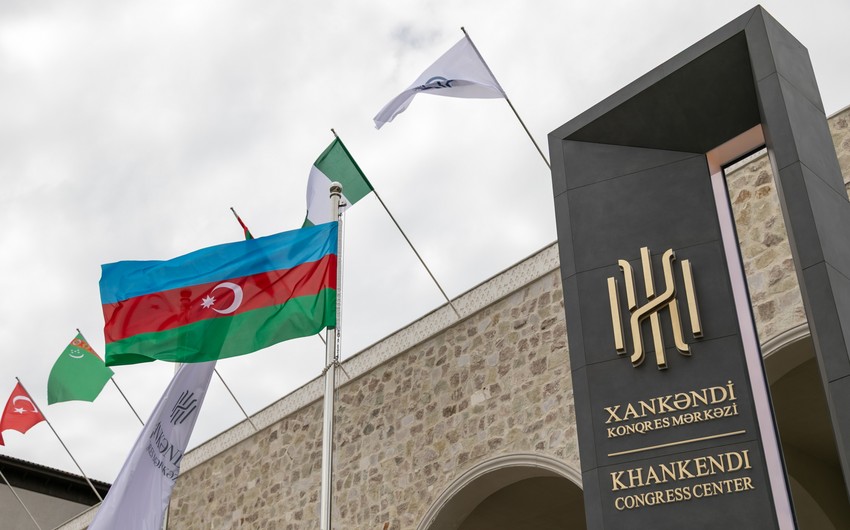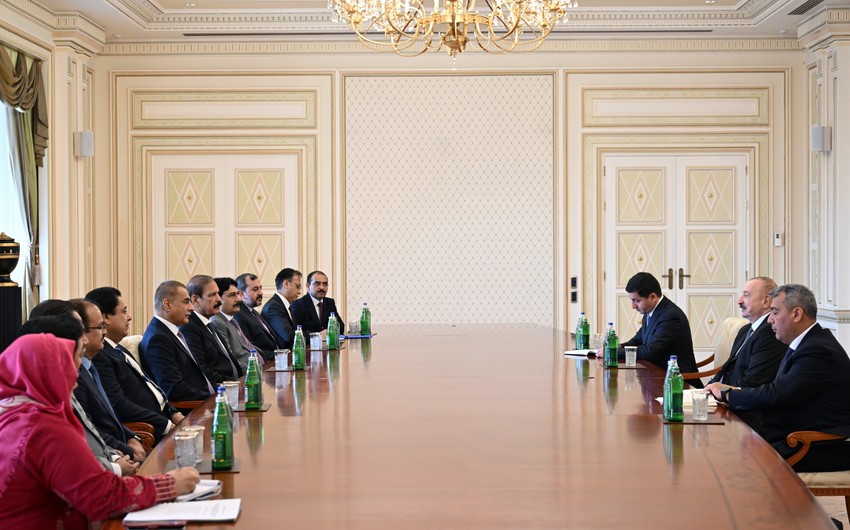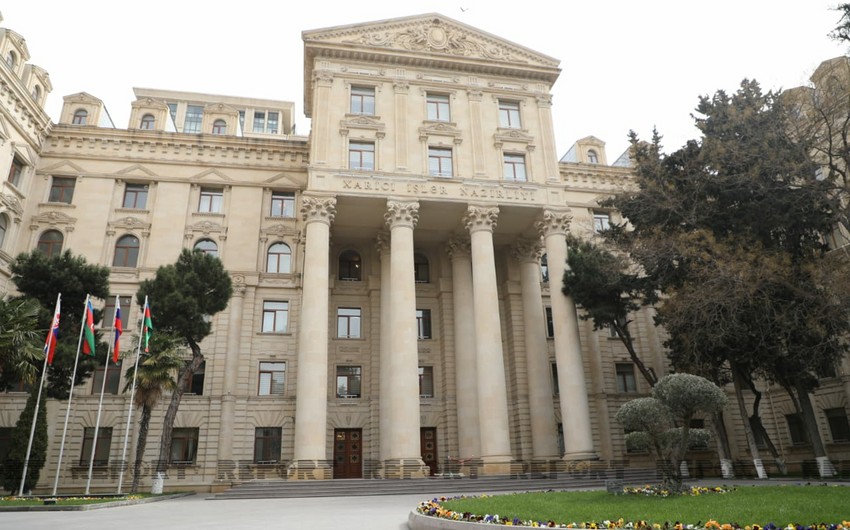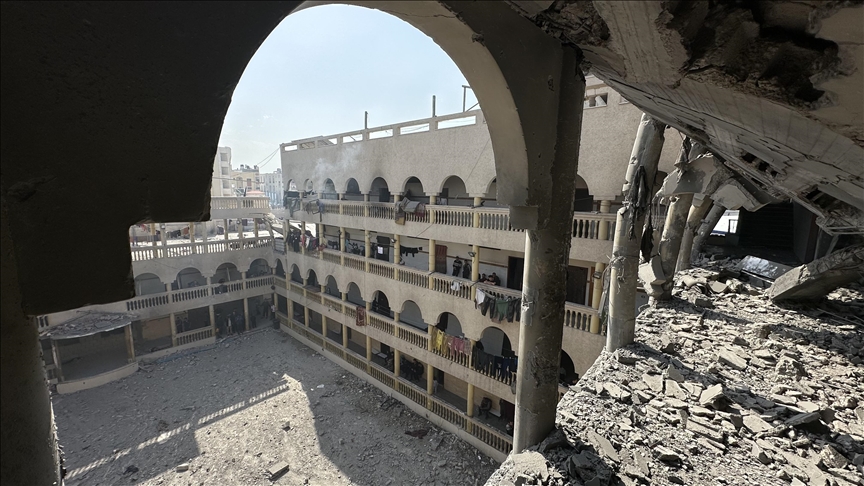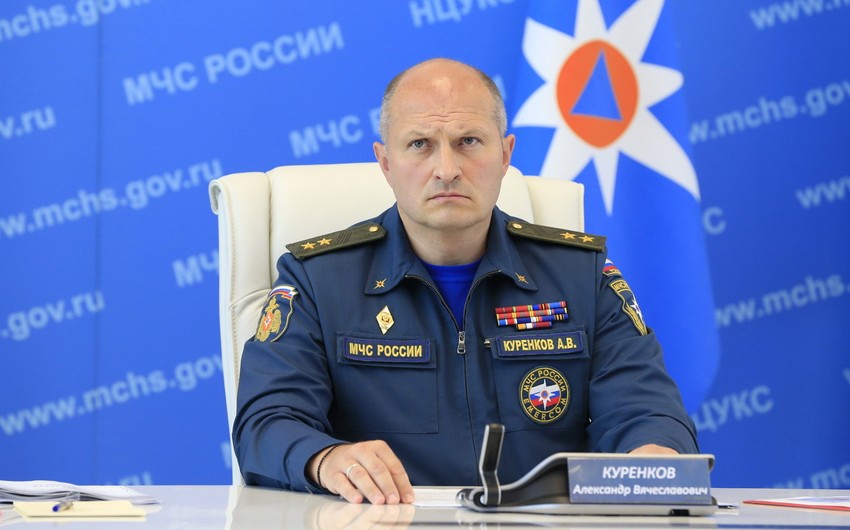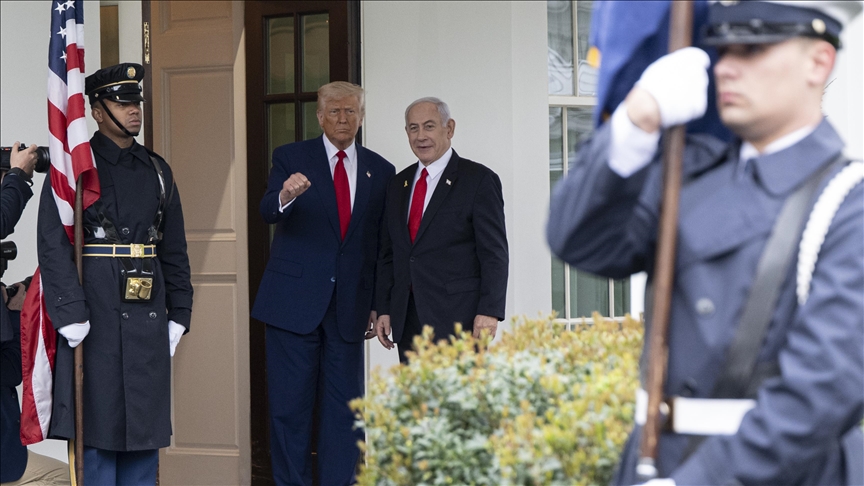The 17th summit of the Economic Cooperation Organization (ECO), held on July 3-4 in Azerbaijan's Khankendi, was not only a step towards strengthening stability in the region, but also opened up new opportunities for expanding bilateral cooperation between the participating countries, Sheraz Mehmood, Research Scholar at Western Caspian University Baku and associated with Institute of Regional Studies, Islamabad said, EDnews reports.
According to the expert, holding such a significant summit in the previously occupied territories of Azerbaijan has special symbolic and political importance: "It's always good to see these places being devolped and secured enough to organize these kind of international summits and conferences where the heads of the states of different members of ECO can come and attend the summit. It's a very big achievement, I must say, for the President, the Government, the military, and the people of Azerbaijan."
Sheraz Mehmood emphasized that the Khankendi summit discussed issues of regional cooperation and integration, in particular cooperation in the field of trade, interaction, green transformation, climate change, and achieving sustainable development goals.
"Energy, tourism, science and technology, and education were the core discussion or pillars of this summit, again you will see the agenda was quite dynamic and different from the previous summits. Besides a climate-resilient future, one very interesting point that came under discussion was enhancing women's role for building a sustainable and climate-resilient future, and that was again a very important point to bring into the discussion. The world's geopolitical framework is going towards multipolarity. And multipolarity is a concept of security, the states or the countries of the region shape the multiple power centers with their interests, values, and approaches towards regional stability," he noted.

